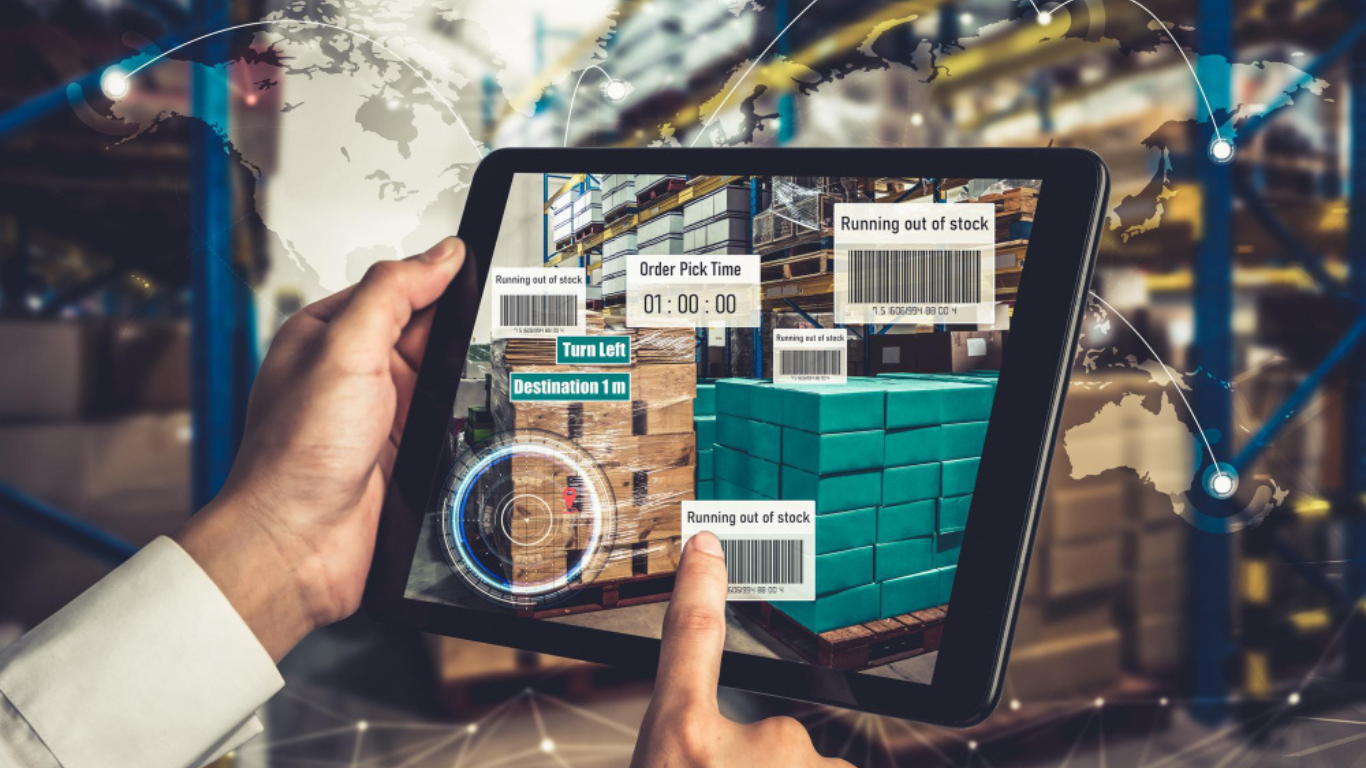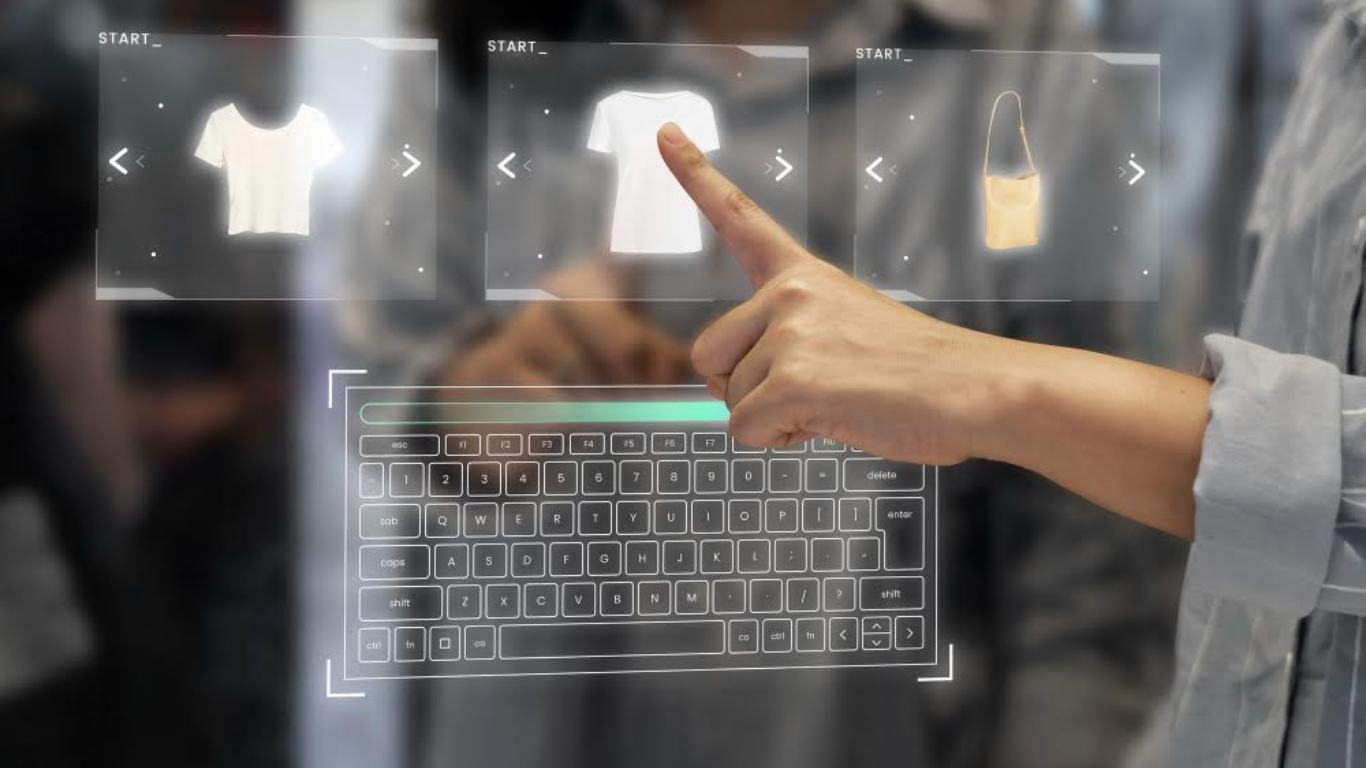Global trade is the lifeblood of the modern economy, but managing cross-border operations is an increasingly complex challenge. Tariff changes, shifting trade agreements, regulatory updates, and evolving customer expectations create a high-stakes environment where delays and errors can cost millions. Artificial intelligence (AI) is emerging as a powerful solution—automating compliance, optimizing logistics, and creating unprecedented visibility across the supply chain.
Understanding the Complexity of Cross-Border Trade
Multiple Jurisdictions, Multiple Rules
A shipment from one country to another may pass through several customs jurisdictions, each with its own regulations, tax codes, and documentation requirements. This complexity increases the risk of non-compliance, leading to fines, delays, and reputational damage.
Data Overload
Modern logistics operations produce enormous volumes of data—shipment tracking, customs declarations, trade documentation, weather patterns, and more. Without automation, managing and analyzing this data at scale is impossible.
How AI is Transforming Compliance
Automated Classification and Tariff Calculation
AI can classify goods according to the Harmonized System (HS) codes with greater accuracy than manual processes. Machine learning models trained on historical trade data can identify the correct classification in seconds, reducing errors and avoiding overpayment of duties.
Real-Time Regulatory Updates
Regulatory landscapes change frequently. AI-driven platforms can monitor official databases, government publications, and trade bulletins in real time, alerting businesses to changes that affect their shipments.
Document Verification and Fraud Detection
Natural Language Processing (NLP) algorithms can scan invoices, bills of lading, and certificates of origin to ensure they meet compliance standards. They can also detect anomalies suggesting fraud or misdeclaration, helping avoid costly legal disputes.
AI in Logistics Optimization
Predictive Freight Routing
AI can forecast optimal shipping routes based on factors such as weather conditions, port congestion, fuel prices, and geopolitical events. This not only saves time and money but also reduces carbon emissions by avoiding unnecessary detours.
Dynamic Inventory Management
Machine learning models help synchronize production and shipping schedules with demand forecasts, ensuring the right inventory is in the right place at the right time.
Supply Chain Visibility
AI-powered dashboards aggregate real-time data from carriers, customs agencies, and warehouses to give stakeholders a complete view of the shipment lifecycle.
Midpoint Insight: AI as a Strategic Advisor
What makes AI especially valuable in cross-border trade is its ability to shift decision-making from reactive to proactive. Instead of responding to delays after they occur, AI systems predict them and recommend preventive measures.
For logistics managers or trade compliance officers looking to understand how these AI insights work in practice, exploring interactive environments such as a Free AI chat can provide a hands-on way to test hypothetical shipping scenarios, review compliance questions, and see how AI would respond under different conditions—without risking real-world losses.
Case Studies: AI in Action
DHL’s Smart Trade Platform
DHL uses AI to manage customs clearance for thousands of shipments daily. By automating classification and risk assessment, they’ve reduced clearance times by up to 50% in certain regions.
Maersk’s Predictive Logistics
Shipping giant Maersk leverages AI to forecast port congestion and adjust vessel schedules accordingly. This approach has improved on-time delivery rates and cut fuel usage significantly.
Alibaba’s Cross-Border E-Commerce AI
Alibaba integrates AI into its e-commerce platform to automatically calculate duties, generate customs forms, and recommend optimal shipping methods for sellers exporting products overseas.
The Business Advantages of AI in Cross-Border Trade
Reduced Compliance Risk
Automation ensures that trade documentation is accurate and up to date, minimizing the chance of costly errors or penalties.
Faster Customs Clearance
By pre-validating shipments and documentation, AI can help goods pass through customs more quickly, improving customer satisfaction.
Cost Savings
From avoiding demurrage fees to reducing administrative labor, AI-driven efficiencies translate into substantial cost reductions.
Challenges and Considerations
Data Privacy and Security
Handling trade data involves sensitive commercial and personal information. AI systems must comply with international data protection laws like GDPR and ensure robust encryption.
Integration with Legacy Systems
Many logistics companies still rely on older IT infrastructure. Integrating AI solutions with these systems requires careful planning and investment.
Trust and Transparency
AI recommendations in compliance and routing must be explainable. Businesses and regulators alike need to understand why a certain decision was made.
Expert Commentary: The Path Forward
Dr. Miguel Alvarez, a trade technology consultant who has advised on AI adoption for multinational logistics firms, explains:
“The companies that will win in the next decade are those that see AI not just as a tool for efficiency but as a partner in strategic decision-making. The future of cross-border trade belongs to those who can combine human judgment with machine precision.”
The Future of AI in Global Trade
In the next five to ten years, we can expect:
- Autonomous customs clearance where AI systems interface directly with government databases to clear goods without human intervention.
- AI-led supply chain risk modeling that anticipates disruptions like political unrest or natural disasters.
- Sustainable trade optimization where AI minimizes carbon footprints through eco-friendly routing and packaging strategies.
Conclusion: A New Era for Cross-Border Commerce
AI is rewriting the rules of cross-border trade by making compliance faster, logistics smarter, and decision-making more strategic. Businesses that embrace AI today will be better positioned to handle tomorrow’s trade complexities, from fluctuating tariffs to climate-related shipping disruptions.
In a marketplace where speed, accuracy, and adaptability define success, AI is not just a technological advantage—it’s becoming a necessity. The companies that invest now in integrating AI into their compliance and logistics processes will find themselves leading the global trade networks of the future.
Article received via email































